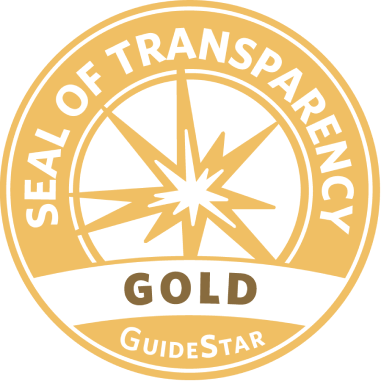In Afghanistan today, education is an act of defiance. Since the Taliban took power in 2021, women and girls have been systematically denied access to learning. Schools and universities have closed their doors to them, and opportunities for professional growth have disappeared. But despite these restrictions, Afghan women refuse to give up. They are finding ways to learn—secretly, online, in underground classrooms, and through community networks. Their pursuit of knowledge is not just about education; it is a form of resistance.
At the Omid Foundation, we work with Afghan women who continue their education despite the risks. Their resilience is a testament to the unbreakable power of knowledge.
A System Designed to Erase Women
Since returning to power, the Taliban have imposed a series of harsh restrictions on women’s education:
- Girls are banned from secondary schools, shutting out millions from formal education.
- Women are forbidden from attending universities, erasing years of progress in higher education.
- Female teachers have lost their jobs, cutting off a vital source of education and income.
- Private tutoring and online classes are heavily restricted, limiting alternative learning options.
These policies are designed to silence and control women. By keeping them uneducated, the Taliban seek to strip them of independence and power.
The Secret Classrooms: Learning in the Shadows
But Afghan women are not surrendering. Across the country, secret schools have emerged. Brave teachers hold lessons in basements, private homes, and hidden locations, ensuring that girls continue to learn despite the Taliban’s threats.
These underground classrooms teach a variety of subjects, from mathematics and science to literature and foreign languages. The risks are enormous—students and teachers alike face severe punishments if caught. Yet, they persist. One teacher, Amina, shared: “Education is our right. If we have to teach in whispers, we will.”
Online Education: A Lifeline of Hope
With physical schools under threat, many women have turned to the internet as their classroom. Online courses in English, coding, and professional skills have become a vital source of learning. However, internet access is expensive and unreliable, and Taliban authorities monitor online activity, making digital education risky.
Organizations like the Omid Foundation are working to provide Afghan women with safe, accessible online learning platforms. Through virtual classrooms, mentorship programs, and digital resources, we help them continue their education despite the obstacles.
Education as Resistance
For Afghan women, learning is more than just gaining knowledge—it is a refusal to be erased. Every lesson learned, every book read, and every skill acquired is a stand against oppression. Education empowers them to dream of a future beyond Taliban rule, to fight for their rights, and to rebuild their country when the time comes.
The world must not forget these women. Their courage should inspire global support and action. At the Omid Foundation, we stand with them, ensuring that their voices and their education will never be silenced.

